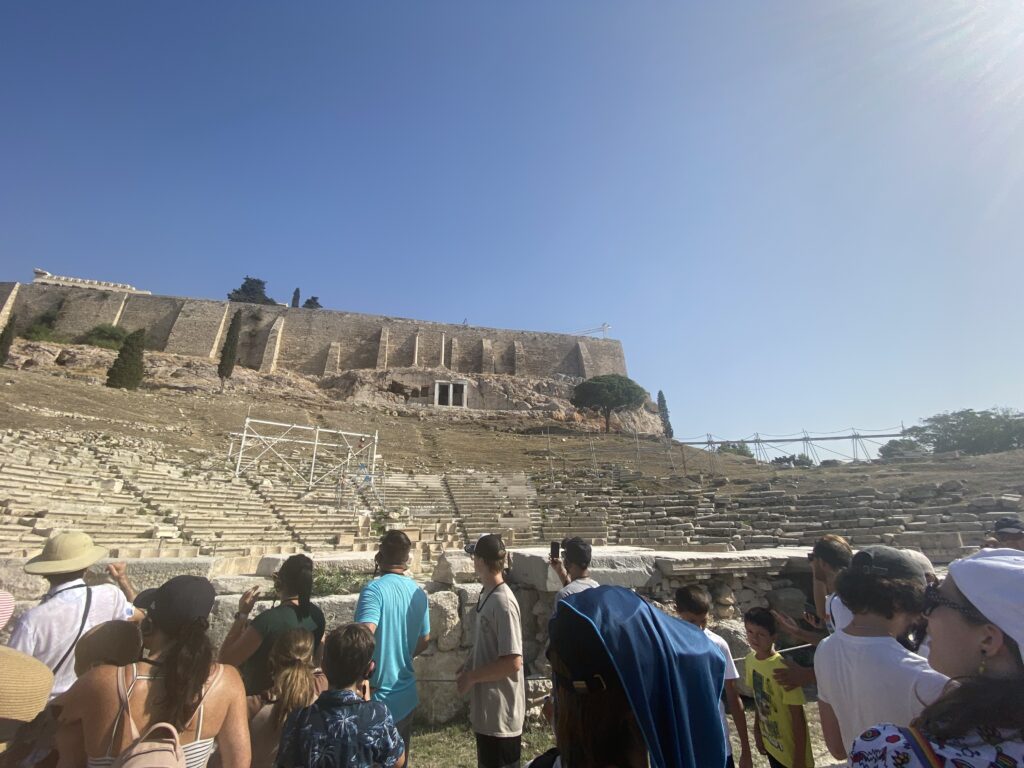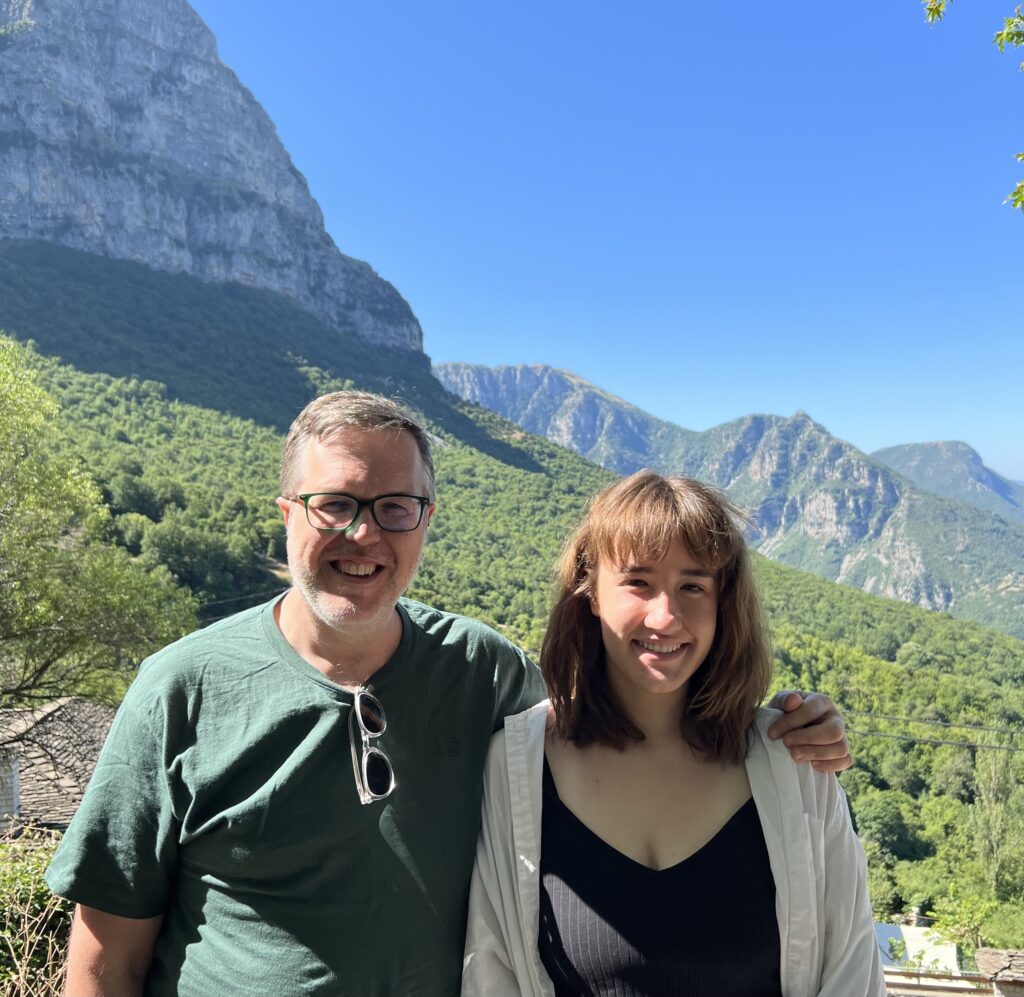This summer I spent two months studying Medea and sharing my discoveries with Professor Gil-Sheridan, who is beginning work on a new adaptation of Euripides’ Medea in which Medea’s two sons grow up, rather than being killed at her own hand.
I spent the first four weeks doing traditional research on Medea, focusing on translations and adaptations throughout history, scholarly commentary, and versions of Medea before Euripides. I read 22 different translations and adaptations of the original 431 BC play, gained a general understanding of the historical context of ancient Greece, read scholarly theories on themes and characters in the play, and looked at extant primary sources dated before Euripides which mention Medea in order to understand possible ways in which Euripides’ version may have fit in with widespread or popularized versions of the myth.
During the second four weeks, thanks to the Ford Scholars program and Creative Arts Across Disciplines at Vassar, I was given the opportunity to travel to Greece and participate in One Year Lease’s Apprentice Program, in which we developed and performed a new adaptation of Medea written in Greek by Meropi Papastergiou and performed in five villages around Zagorohoria: Vikos, Ano Pedina, Agios Minas, Aristi and Megalo Papingo. I also met with Professor Gil-Sheridan in Papingo, where we discussed what I had learned through both my earlier research, and my participation as an actor in a production of Medea — specifically anything new I had gleaned about the play and about Greek theatrical traditions.
Going forward, Professor Gil-Sheridan will be using my compiled notes and resources to begin work on his adaptation. As a playwright myself, who is also currently working on an adaptation of a Greek tragedy, this work has also given me invaluable information for my work, which will culminate this fall semester in the Steerman Festival.



